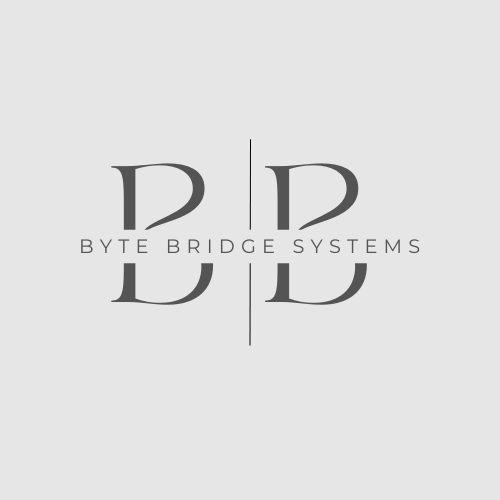Views: 0
Building a strong online learning community is essential for creating a supportive and engaging environment for students in virtual classrooms.

create connections and community
Educators play a crucial role in fostering collaboration, interaction, and a sense of belonging among learners. Here are 12 effective ways to build a robust online learning community:
1. Create Communication Channels: 🔊📲💬
Ensure that communication channels such as discussion boards, chat rooms, and email are readily accessible for students to engage with peers and instructors.
2. Encourage Regular Interaction: 🔄💬👥
Promote active participation by encouraging students to interact with each other through group projects, peer reviews, and collaborative discussions.
3. Foster a Sense of Belonging: 🏠❤️👨👩👧👦
Create opportunities for students to introduce themselves, share their backgrounds, and connect with their peers to foster a sense of belonging within the online community.
4. Organize Virtual Social Events: 🎉💻🤝
Host virtual social events such as online meetups, virtual coffee breaks, or informal chats to allow students to socialize outside of formal learning activities.
5. Provide Timely Feedback: ⏰📝👍
Offer prompt feedback on assignments, assessments, and student inquiries to demonstrate engagement and support student learning progress.
6. Cultivate Peer Support Networks: 🌱🤝👫
Encourage students to form study groups or peer support networks where they can collaborate, share resources, and provide assistance to each other.
7. Incorporate Collaborative Projects: 🤝🎨📊
Assign group projects or collaborative tasks that require students to work together, fostering teamwork and building relationships within the online community.
8. Create a Sense of Accountability: 🔒📅🤝
Establish clear expectations for participation and engagement, holding students accountable for their contributions to the online learning community.
9. Offer Virtual Office Hours: 🕒💻🔗
Schedule virtual office hours or one-on-one sessions where students can seek personalized support, ask questions, and connect with instructors outside of class time.
10. Celebrate Achievements: 🎉🏆🥳
Recognize and celebrate student achievements, milestones, and successes within the online community to motivate and inspire learners.
11. Provide Resources for Support: 📚🆘💡
Offer resources such as academic support services, tutoring options, and counseling services to help students navigate challenges and succeed in their academic journey.
12. Encourage Reflective Practices: 🤔📝🔄
Prompt students to reflect on their learning experiences, share insights, and provide feedback on the online learning community to continuously improve and enhance the overall educational experience.

strong community
By implementing these strategies, educators can cultivate a strong sense of community, collaboration, and support within their online classes, creating an enriching and engaging learning environment for all participants.


Leave a Reply
You must be logged in to post a comment.